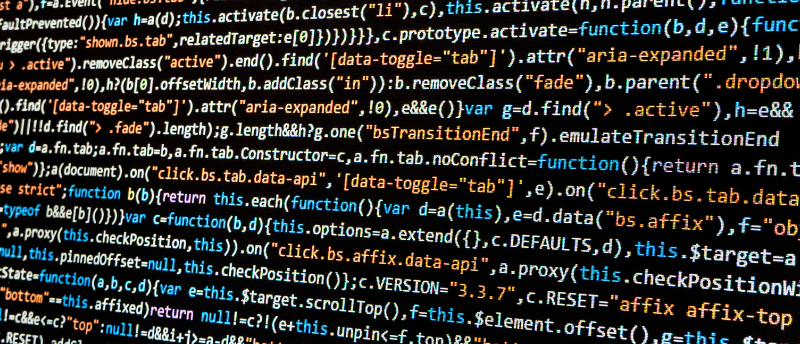Computational approaches for spatial studies

Spatial techniques have continued to rise in popularity in recent years; but what computational approaches are available for spatial studies? The spatial context of cells and tissues is vital to understanding their biology. The development of spatial omic technologies has enabled us to map the spatial architecture of cells and understand how they interact with their surroundings. There are many computational approaches that can be used in spatial studies, and this article, by no means an exhaustive list, details a few. cell2location – a tool for combining single-cell and spatial transcriptomics data Single-cell RNA sequencing (scRNA-seq) methods can provide gene...
To view this content, please register now for access
Join our member community for FREE to access a collection of journal and online-only features, including:
- Exclusive access to educational videos, eBooks and insights into top BioTechniques journal articles
- The latest news and journal updates delivered straight to your inbox when you want it
- Personalized recommendations for the latest member-exclusive podcasts, interviews and expert opinions
- Priority registration to webinars, panel discussions and events
- Access to competitions and journal publication discounts, including 10% off open access fees when you sign up today!





